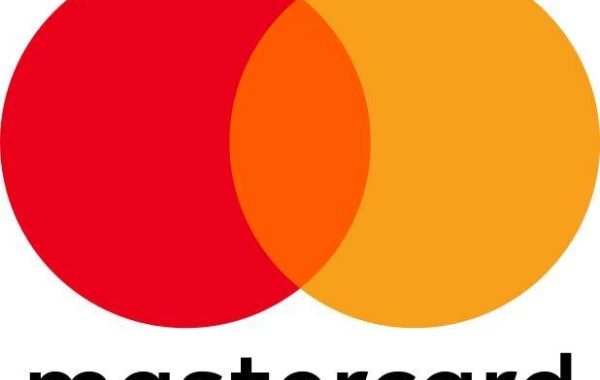
Photo; File
KARACHI: The Small and medium enterprises (SMEs) across the Middle East and Africa (MEA) region are recognising digitalisation as essential to stay competitive in the economic environment, a white paper by Mastercard showed.
SMEs are recognising the practical benefits of digitalisation in day-to-day operations, as opposed to viewing it as a long-term project for the future.
This was revealed in a white paper by payments technology leader Mastercard, which explores the way small businesses are viewing digital payments, online presence and the benefits of an evolving cashless economy.
The white paper, titled ‘The Digital SME: How Are Small and Medium Enterprises in the Middle East and Africa Embracing a Digital Future?, revealed findings about the importance of digitalisation as SMEs across sectors, products, and services in the region adapt to the new and evolving economic landscape.
It revealed that SMEs in MEA recognise faster access to revenue as the biggest benefit of a cashless economy to their business. Other benefits identified include the ease of not handling or processing cash and having more convenient ways of paying suppliers and employees.
Overall, 67 per cent SMEs of the MEA region said that e-commerce will have a positive impact on their business.
The digitalisation has progressed globally since 2018, but has seen higher traction among larger corporations and financial institutions than among SMEs. It accelerated in 2020/21 to enable continuity of business, with the Organization for Economic Cooperation and Development (OECD) estimating that 70 per cent of SMEs globally intensifying their use of digital technologies due to Covid-19 restrictions.
According to the Mastercard MEA SME Confidence Index, digital payment methods used by SMEs in the MEA region include 59 per cent through mobile, 49 per cent online and 48 per cent with cards.
“An empowered SME sector is a growth engine for the economic development of countries across the Middle East and Africa. But the challenges are many, chief being access to funding and digitalisation which have emerged as huge needs,” Head of Products of Mastercard for MEA, Gaurang Shah said.
“The Mastercard MEA SME Confidence Index found that 89 per cent of SMEs in the region see potential in digitalising their business which is encouraging for everyone within the digital economy,” he added.
The data showed that 41 per cent of SMEs that implemented digitalisation initiatives, had stronger revenue growth in 2020 than the non-adopters. The digitalisation of SME operations also brings the benefit of generating data, that institutions need to view SMEs as a “real” business with potential.
The white paper also found that partnerships play a key role in the digitalisation of SMEs, as a stable, growing, connected small business can become a key to financial inclusion for the whole community.
“Connecting businesses to one another within the ecosystem, to help them grow and prosper, is a key objective for Mastercard. For a neighbourhood vendor or store, there are simple solutions to reduce the risk and cost of cash, and open up sales to more customers,” said Amnah Ajmal, Executive Vice President, Market Development, MEA, Mastercard.
“At Mastercard, we continue to leverage our technology, insights, global expertise and partnership approach to empower every business, especially [the] SMEs, everywhere to grow digitally, become stronger than before, and prosper in a more connected, equal, and inclusive world,” she added.
According to the OECD, up to 70 per cent of SMEs have globally intensified their use of digital technologies in the wake of Covid-19. However, the gaps in SME digital adoption have not been filled.
The challenges include access to infrastructure, lack of a data culture and digital awareness, and financing gaps for transformation costs, among others. Access to financing remains a key concern for SMEs worldwide, with the IFC estimating an unmet need of $5.2 trillion per year.
Mastercard will contribute $250 million over five years to support small businesses’ financial security globally. As part of its goal to build a more sustainable and inclusive world.
Mastercard has committed to connect 50 million small businesses, including 25 million women entrepreneurs globally, to the digital economy by 2025.
Read More News On
Catch all the Business News, Breaking News Event and Latest News Updates on The BOL News
Download The BOL News App to get the Daily News Update & Follow us on Google News.




